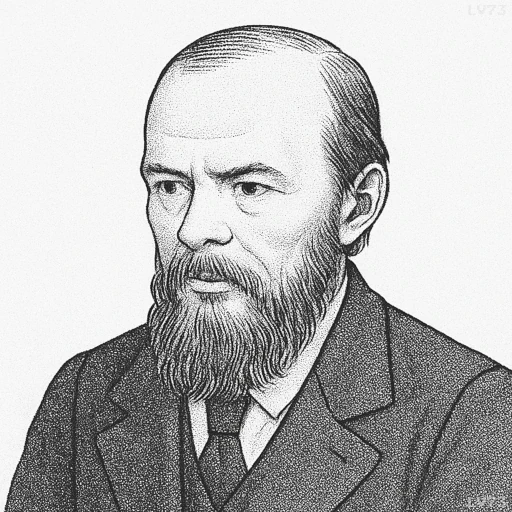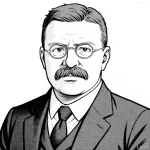“There are things which a man is afraid to tell even to himself, and every decent man has a number of such things stored away in his mind.”

- November 11, 1821 – February 9, 1881
- Born in the Russian Empire
- Novelist, philosopher
table of contents
Quote
“There are things which a man is afraid to tell even to himself, and every decent man has a number of such things stored away in his mind.”
Explanation
Dostoevsky’s quote explores the hidden corners of the human psyche and the inner conflicts that individuals often keep buried, even from themselves. It suggests that every person, regardless of their moral standing or external decency, harbors secrets or unresolved truths—things they fear to confront or acknowledge, even in private reflection. This aligns with Dostoevsky’s recurring theme of the duality of human nature, where the conscious self and the unconscious self often exist in tension. The “decent man” is not free from inner turmoil or moral contradictions; instead, he may repress or deny these uncomfortable truths in order to maintain a sense of order or self-respect. Dostoevsky recognizes that this repression is not necessarily an indication of evil but rather a reflection of the complexity and flaws that define the human condition.
This notion ties into Dostoevsky’s broader philosophical concerns with guilt, redemption, and the moral struggle of his characters. For example, in Crime and Punishment, Raskolnikov’s attempt to suppress his guilt over the murder he commits leads him into a spiraling internal conflict. He is unwilling to face the truth about his own actions, even though he is aware on some level of their moral implications. The repression of these dark thoughts—things too difficult to admit even to oneself—becomes a form of psychological torment, a torment that eventually forces him to confront the reality of his own self-deception. In this way, Dostoevsky portrays the inner struggle as an inescapable part of human life, suggesting that even those who try to live morally are haunted by the hidden truths they are too afraid to acknowledge.
In the modern world, the quote speaks to the unspoken struggles that many people face, particularly in an age of social expectations and personal performance. In today’s culture, where there is immense pressure to maintain an image of success or happiness, individuals often bury their insecurities, regrets, or fears, afraid to admit them even to themselves, let alone to others. This internal repression can lead to feelings of disconnection, anxiety, or self-doubt. Dostoevsky’s insight into the human condition is a reminder that moral complexity is universal—that even those who strive to live with honor or decency carry within them a series of conflicting emotions and hidden fears. Recognizing these hidden truths and confronting them, however difficult, is part of the journey toward self-understanding and personal growth. In a world that often emphasizes outward success, Dostoevsky’s quote calls attention to the importance of internal honesty and the need to reconcile one’s public persona with the private self.
Would you like to share your impressions or related stories about this quote in the comments section?


